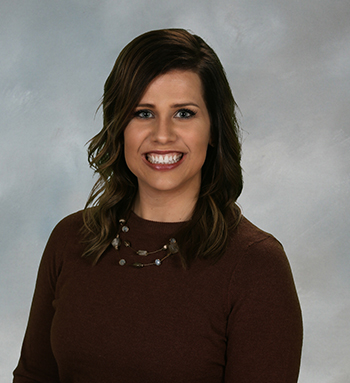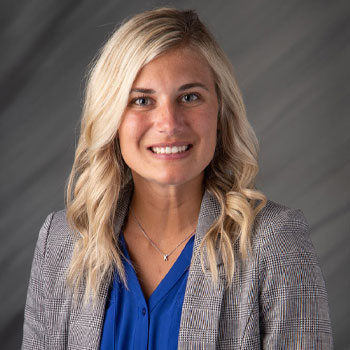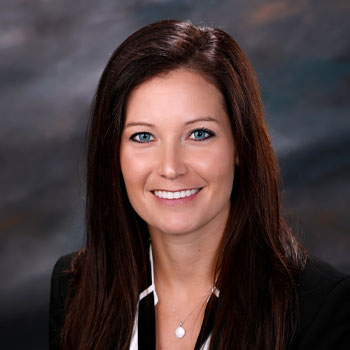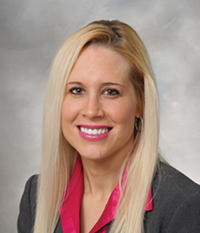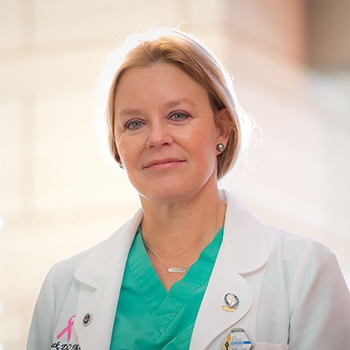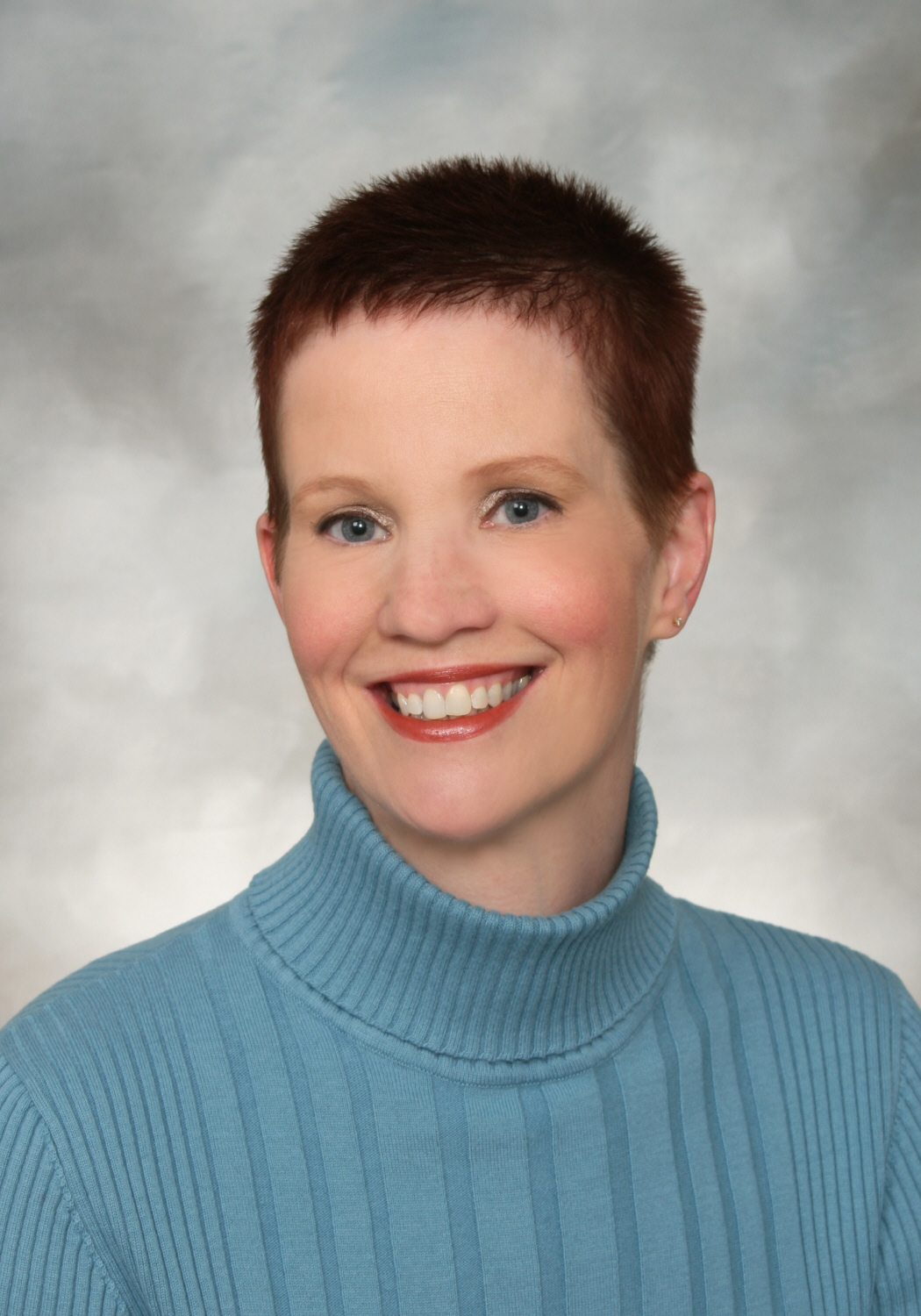MercyOne Katzmann Breast Care
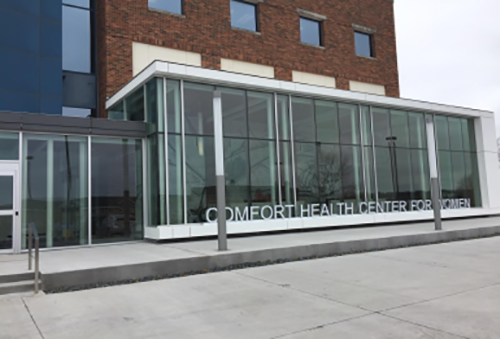
Phone & Address
1601 NW 114th Street
Suite 151
Clive, IA 50325
Hours
The first dedicated breast health center in central Iowa, MercyOne Katzmann Breast Care offers the expertise, technology, information and support women and their families need to make informed choices about their care.
Located within MercyOne Comfort Health Center for Women, MercyOne Katzmann Breast Care is able to provide care to patients in a newly renovated, state-of-the-art facility designed specifically for women. Patients also have access to specially trained women’s health specialists who are available to assist with additional health concerns.
The diagnostic services offered include in-office breast ultrasound performed by breast surgeons for image guided biopsy, staging and treatment planning. Katzmann works closely with MercyOne Imaging to include high-quality digital and 3D mammography, breast ultrasound and breast MRI.
About Breast Cancer
Breast cancer is the second most common cancer among women in the United States according to the Centers for Disease Control (CDC). About 1 in 8 women in the U.S. will develop invasive breast cancer during the course of her lifetime. Understanding your risk for developing breast cancer and knowing how to help detect breast cancer in its earliest stages are best ways to help keep you healthy.
Early detection
Signs and symptoms
- A lump or thickening in or near the breast or in the underarm area;
- Redness or rash that does not resolve with treatment;
- A change in the size or shape of the breast;
- New onset of nipple inversion (nipple turns inward into the breast); and/or
- Clear or bloody nipple discharge.
If you experience any of these conditions, you should talk with your doctor to determine if a breast cancer screening is necessary.
Breast cancer screening
Risk factors
- Age: breast cancer is uncommon before age 40 and most common after age 60
- Early age of onset of menstrual periods (before age 10)
- Late age of onset for menopause (after age 55)
- Not having children, or having your first child after age 30
- The use of combination hormone replacement therapy (estrogens) post-menopause
- Having a male relative with breast cancer
- Obesity
- Lack of physical activity
- Use of tobacco or alcohol
You can check your risk at www.cancer.gov/bcrisktool.
Services
- Breast Care
- Cancer Care
- Counseling and treatment planning
- In-office breast ultrasounds
- Rapid diagnosis
Conditions
- Lymphedema
Procedures
- Lymphedema Therapy
- Breast Care Surgery

